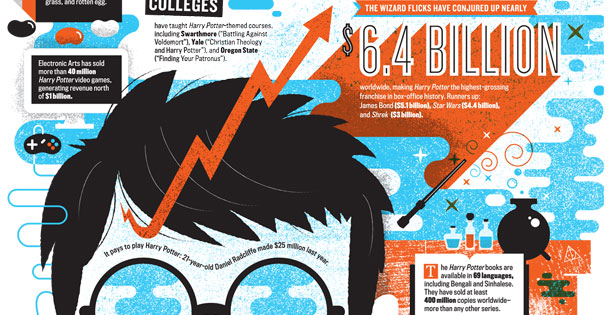
This article in The Economist (@TheEconomist) summarizes the state of publishing right now.
To see how profoundly the book business is changing, watch the shelves. Next month IKEA will introduce a new, deeper version of its ubiquitous “BILLY” bookcase. The flat-pack furniture giant is already promoting glass doors for its bookshelves. The firm reckons customers will increasingly use them for ornaments, tchotchkes and the odd coffee-table tome — anything, that is, except books that are actually read.
In the first five months of this year sales of consumer ebooks in America overtook those from adult hardback books. Just a year earlier hardbacks had been worth more than three times as much as ebooks, according to the Association of American Publishers. Amazon now sells more copies of ebooks than paper books. The drift to digits will speed up as bookshops close. Borders, once a retail behemoth, is liquidating all of its American stores....
Perhaps the biggest problem, though, is the gradual disappearance of the shop window. Brian Murray, chief executive of HarperCollinsPublishers (@HarperCollins), points out that a film may be released with more than $100m of marketing behind it. Music singles often receive radio promotion. Publishers, on the other hand, rely heavily on bookstores to bring new releases to customers’ attention and to steer them to books that they might not have considered buying. As stores close, the industry loses much more than a retail outlet. Publishers are increasingly trying to push books through online social networks. But Mr Murray says he hasn’t seen anything that replicates the experience of browsing a bookstore.
Efforts are under way. This week a British outfit called aNobii (@aNobii) released a trial version of a website that it hopes will become a Wikipedia-style community of book lovers, with an option to buy....
See also the CNN (@CNN) extended essay by Todd Leopold, "The Death and Life of a Great American Bookstore."
Let Somersault (@smrsault) help you navigate these publishing white water rapids.
























